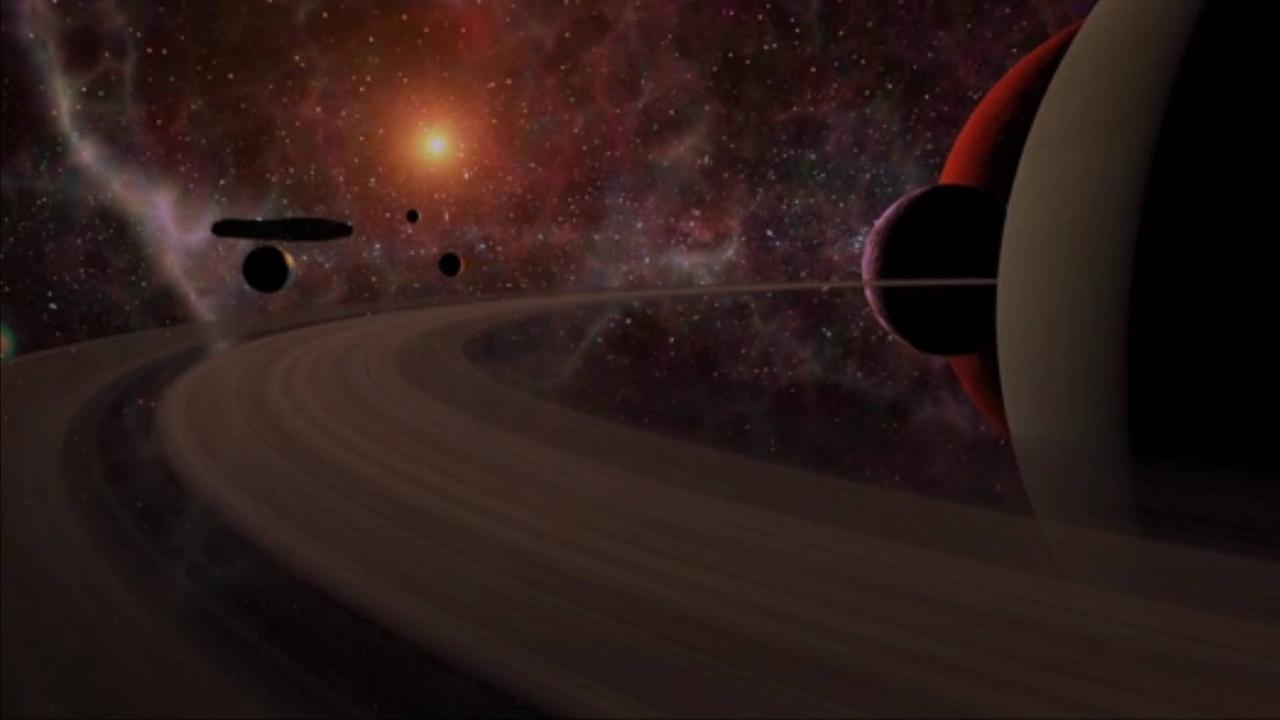
Scientists Attempt to Answer , Lingering Questions About , Oumuamua.
In 2017, astronomers observed the first interstellar object to pass through our solar system, naming it Oumuamua, or "messenger from afar arriving first” in Hawaiian.
CNN reports that the object's trip through our solar system gave rise to a number of questions that have remained unanswered.
While the object was roughly the size of an asteroid, it was oddly shaped, similar to a cigar or pancake.
.
CNN reports that while Oumuamua moved somewhat like a comet, it also lacked a cometary tail and was much smaller that known comets.
Most perplexing of all was that the object appeared to accelerate on its way out of our solar system.
On March 22, a new study was published in the journal 'Nature,' which attempts to answer some of those lingering questions.
A new theory to explain the object's acceleration centers on Oumuamua being a water-rich comet containing high amounts of hydrogen.
According to the new theory, that hydrogen was trapped inside bubbles within the comet's icy interior before being released by heating from passing by our sun.
The team behind the new theory believe that the release of hydrogen gas could have been enough to accelerate the object.
.
In 2025, Chile's Vera C.
Rubin Observatory will begin operations, aiming to detect and hopefully unravel the mystery of other interstellar travelers like Oumuamua.
